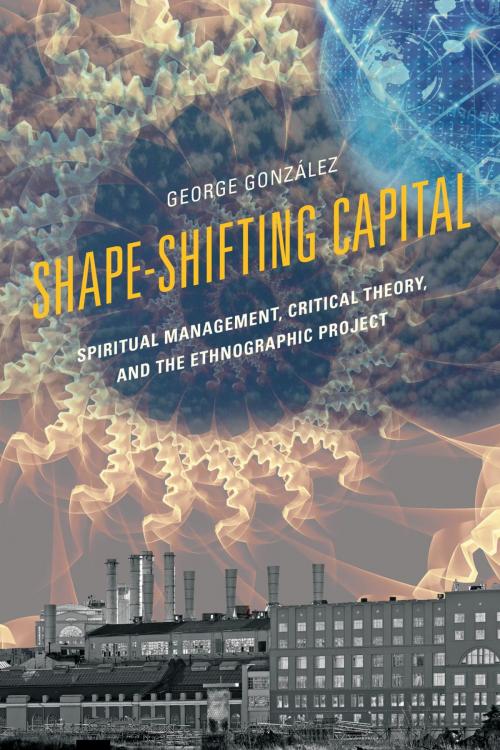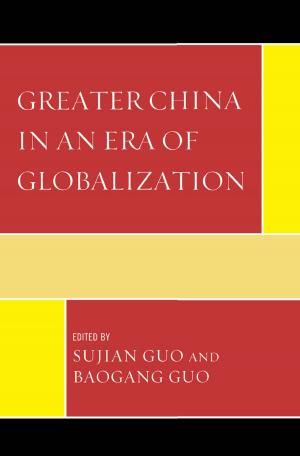Shape-Shifting Capital
Spiritual Management, Critical Theory, and the Ethnographic Project
Nonfiction, Religion & Spirituality, Philosophy, Religious, Reference, History| Author: | George González | ISBN: | 9780739180860 |
| Publisher: | Lexington Books | Publication: | May 20, 2015 |
| Imprint: | Lexington Books | Language: | English |
| Author: | George González |
| ISBN: | 9780739180860 |
| Publisher: | Lexington Books |
| Publication: | May 20, 2015 |
| Imprint: | Lexington Books |
| Language: | English |
Shape-Shifting Capital: Spiritual Management, Critical Theory, and the Ethnographic Project is positioned at the intersection of anthropology, critical theory, and philosophy of religion. First, González explores the phenomena of “workplace spirituality” in a language that is accessible to a general readership. Taking contemporary trends in organizational management as a case study, he argues, by way of a detailed ethnographic study of practitioners of workplace spirituality, that the conceptual and institutional boundaries between religion, science, and capitalism are being redrawn by theologized management appropriations of tropes borrowed from creativity theory and quantum mechanics. Second, González makes a case for a critical anthropology of religion that combines existential concerns for biography and intentionality with poststructuralist concerns for power, arguing that the ways in which the personalization of metaphor bridges personal and social histories also helps bring about broader epistemic shifts in society. Finally, in a postsecular age in which capitalism itself is explicitly and confidently “spiritual,” González suggests that it is imperative to reorient our critical energies towards a present day evaluation of postmodern capitalism’s boundary-blurring. González further argues that the kind of “existential deconstruction” performed by what he calls “existential archeology” can serve the needs of any social criticism of neoliberal “religion” and corporate spirituality.
Shape-Shifting Capital: Spiritual Management, Critical Theory, and the Ethnographic Project is positioned at the intersection of anthropology, critical theory, and philosophy of religion. First, González explores the phenomena of “workplace spirituality” in a language that is accessible to a general readership. Taking contemporary trends in organizational management as a case study, he argues, by way of a detailed ethnographic study of practitioners of workplace spirituality, that the conceptual and institutional boundaries between religion, science, and capitalism are being redrawn by theologized management appropriations of tropes borrowed from creativity theory and quantum mechanics. Second, González makes a case for a critical anthropology of religion that combines existential concerns for biography and intentionality with poststructuralist concerns for power, arguing that the ways in which the personalization of metaphor bridges personal and social histories also helps bring about broader epistemic shifts in society. Finally, in a postsecular age in which capitalism itself is explicitly and confidently “spiritual,” González suggests that it is imperative to reorient our critical energies towards a present day evaluation of postmodern capitalism’s boundary-blurring. González further argues that the kind of “existential deconstruction” performed by what he calls “existential archeology” can serve the needs of any social criticism of neoliberal “religion” and corporate spirituality.















